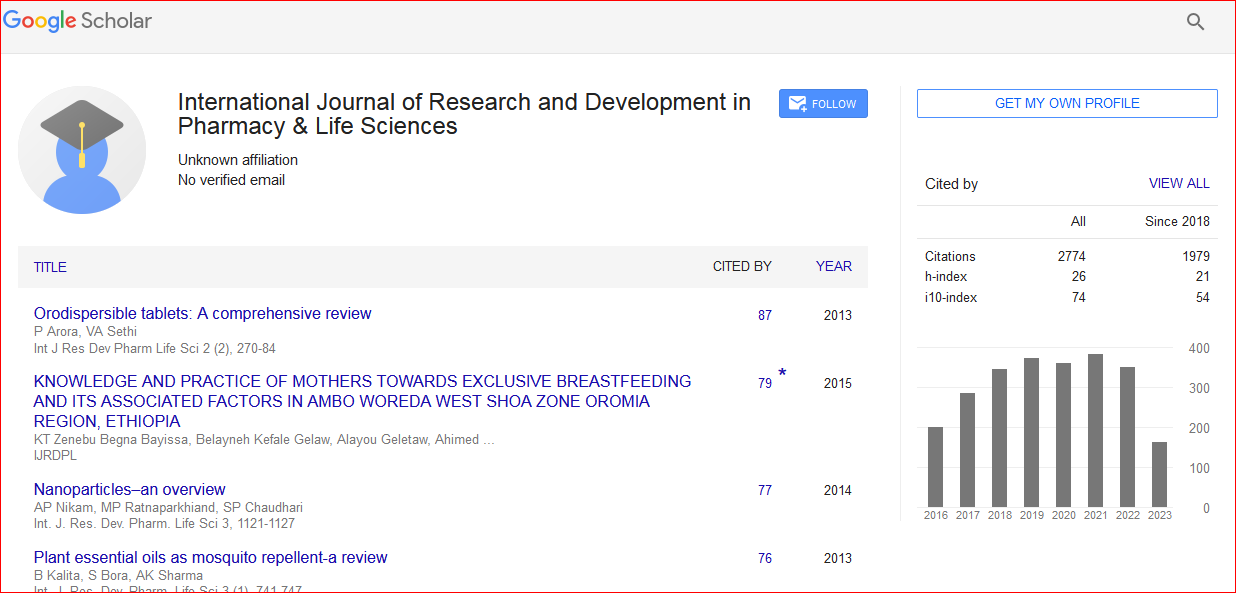Research Article
NUTRITIONAL QUALITY ENHANCEMENT OF PLANTS BY IMPROVING ITS METHIONINE CONTENT
Abstract
Human beings are only capable of synthesizing ten of twenty naturally occurring amino acids. The other essential amino acids are obtained from the diet. Cereal grains are often limiting for lysine, tryptophan and threonine, while the legume seeds have an adequate level of lysine but are limiting for the sulphurcontaining amino acids, methionine and cysteine. Animals can convert methionine into cysteine, but not the reverse. Low level of methionine in plants diminishes their value as a source of dietary protein for human and animals. There are several attempts to improve the methionine level in plants. This study gives an overview of various technology for enhancement of methionine level in plants, including traditional plant breeding methods and selection of mutant; synthesis an artificial gene rich in methionine and cysteine residue; genetic modification to increase methionine storage in protein; genetic modification to increase methionine biosynthesis and co-expressing methionine-rich storage proteins with enzymes that lead to high soluble methionine level, with minimal interference on plant growth, phenotype and productivity. The studies have resulted in the identification of steps important for the regulation of flux through the pathways and for the production of transgenic plants having increased free and protein bound methionine. The goal of increasing methionine content, and therefore nutritive value, of plant protein is presently being achieved and will no doubt continue to progress in the near future

 Spanish
Spanish  Chinese
Chinese  Russian
Russian  German
German  French
French  Japanese
Japanese  Portuguese
Portuguese  Hindi
Hindi 
